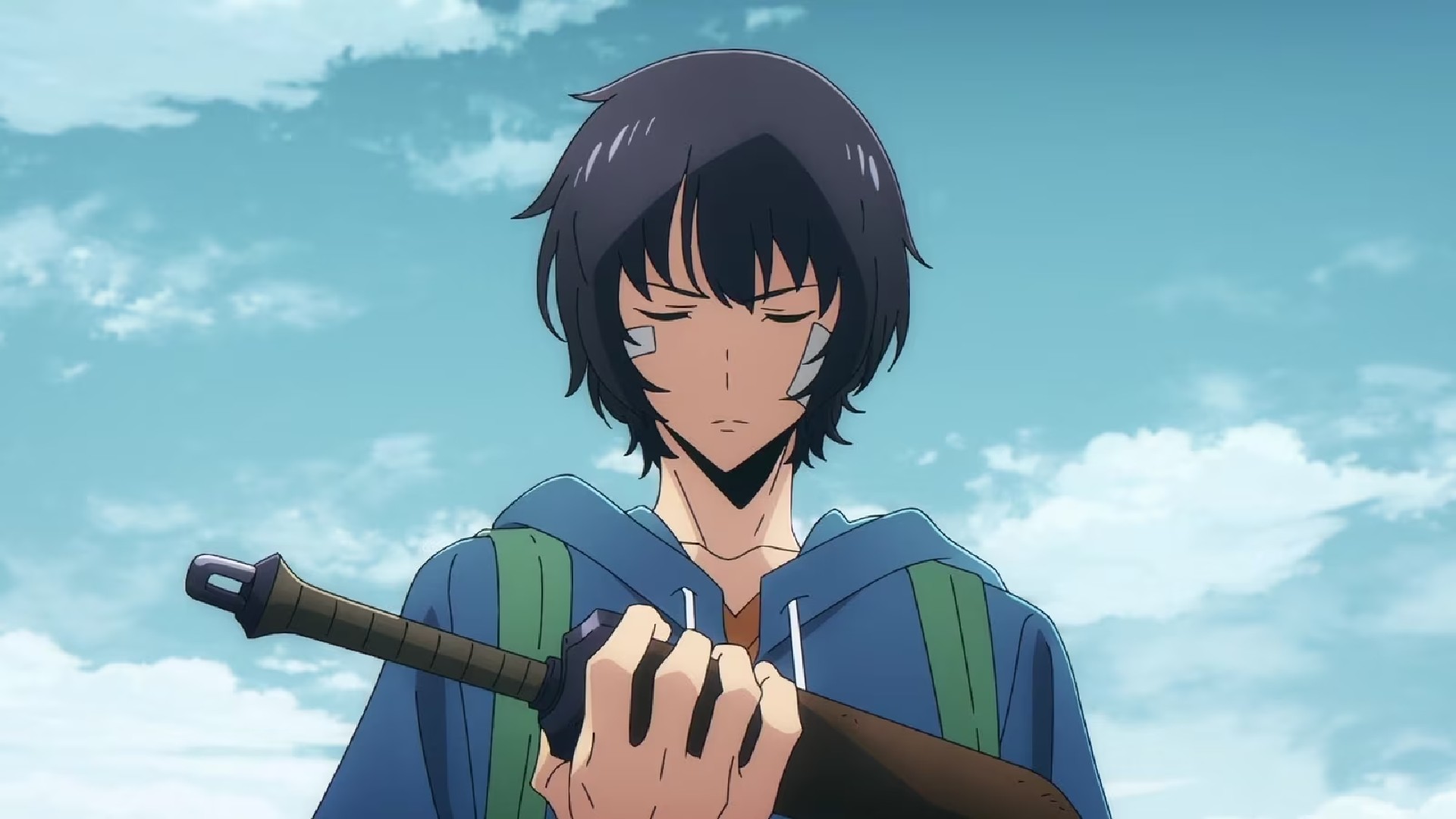It actually doesn't matter that much.
Summary:
- Solo Leveling had very poor sales in Japan.
- Anime based on Korean source material tend not to do very well in Japan.
- The anime was way more successful outside of Japan.
With how popular Solo Leveling (Ore dake Level Up na Ken) has been, it's easy to assume it's one of the most successful anime in recent times. It's arguably the biggest new release of 2024, and it has a lot of fans all around the world waiting for the release of the second season.
However, in Japan, where the anime was produced, Solo Leveling was a massive flop — in fact, it was one of the least successful anime of its season, especially considering how much money was seemingly invested into it.
Volume 2 of the BD wasn't even on the ranking for the week it was released, indicating very low sales (likely less than a thousand copies). So, what went wrong, and why does Japan suddenly hate Solo Leveling?
Why It Flopped in Japan
There's a combination of factors that probably caused Japanese fans not to enjoy the series. Anime based on manhwa tend not to do very well, considering the history between Japan and Korea (ironically enough, K-pop is very popular in Japan, though). Solo Leveling is no exception — in fact, it's perhaps the poster child of this.
It also doesn't help that apparently, the later chapters of Solo Leveling's source material include some Japanese characters — and they aren't exactly well-characterized. It's very likely that Japanese fans that were aware of this simply decided to boycott the adaptation because of that.
Overall, though, it seems that Japan is just not very interested in Solo Leveling — after all, it's well animated, but fairly generic. It's nothing that more experienced otaku haven't seen before. Besides, it doesn't seem like the anime was promoted in Japan at all — but there's a reason for that.
Made with International Audience in Mind
While the main producer of the anime is Aniplex — a Japanese company that also owns studio A-1 Pictures — the rest of the production committee consists of foreign companies. More specifically, they are D&C (the publisher of the manhwa) and Crunchyroll. The latter promoted the anime a lot, but mostly targeted the English-speaking watchers.
The anime used Korean names for the international release. A lot of the time, they get replaced by Japanese names in manhwa adaptations — something that annoys fans of the source material.
However, the anime was specifically marketed for an international audience. And it seems to be successful: Solo Leveling is a major hit with English-speaking audiences, and poor domestic BD sales were probably expected.

